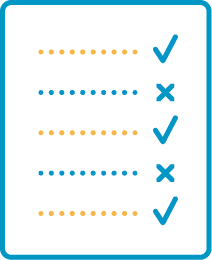Developing an evidence-based menstrual hygiene toolkit for humanitarian emergencies

Displaced women and girls face difficulties managing monthly menstruation safely and with dignity. Despite increasing interest in menstrual hygiene management (MHM) in emergencies, adequate guidance to support cross-sectoral, coordinated responses on this issue was unavailable. This study sought to understand the needs of displaced women and girls and barriers to MHM delivery, and to evaluate existing MHM guidance. From these insights, a pilot ‘Menstrual Hygiene Management in Emergencies Toolkit’ was launched and tested in three refugee camps in Tanzania.
The study found a need for guidance on MHM in humanitarian responses. It improved awareness among key humanitarian stakeholders of the ’three pillars’ of MHM (supplies, facilities, information) and promoted coordinated responses across sectors. It also influenced updates to global guidelines such as the Sphere Standards and shifted the policies and practices of the United Nations High Commissioner for Refugees (UNHCR) and IRC. In Nigeria, IRC MHM programming in camps was strengthened, with improved provision of materials and facilities and 300 partners and staff trained, reaching up to 1,000 women.
R2HC captures detailed case studies through a process that triangulates and validates evidence on uptake and impact. The case study methodology and full version of this summary case study including references are available on request. Outputs and resources from this study are available on the project page.